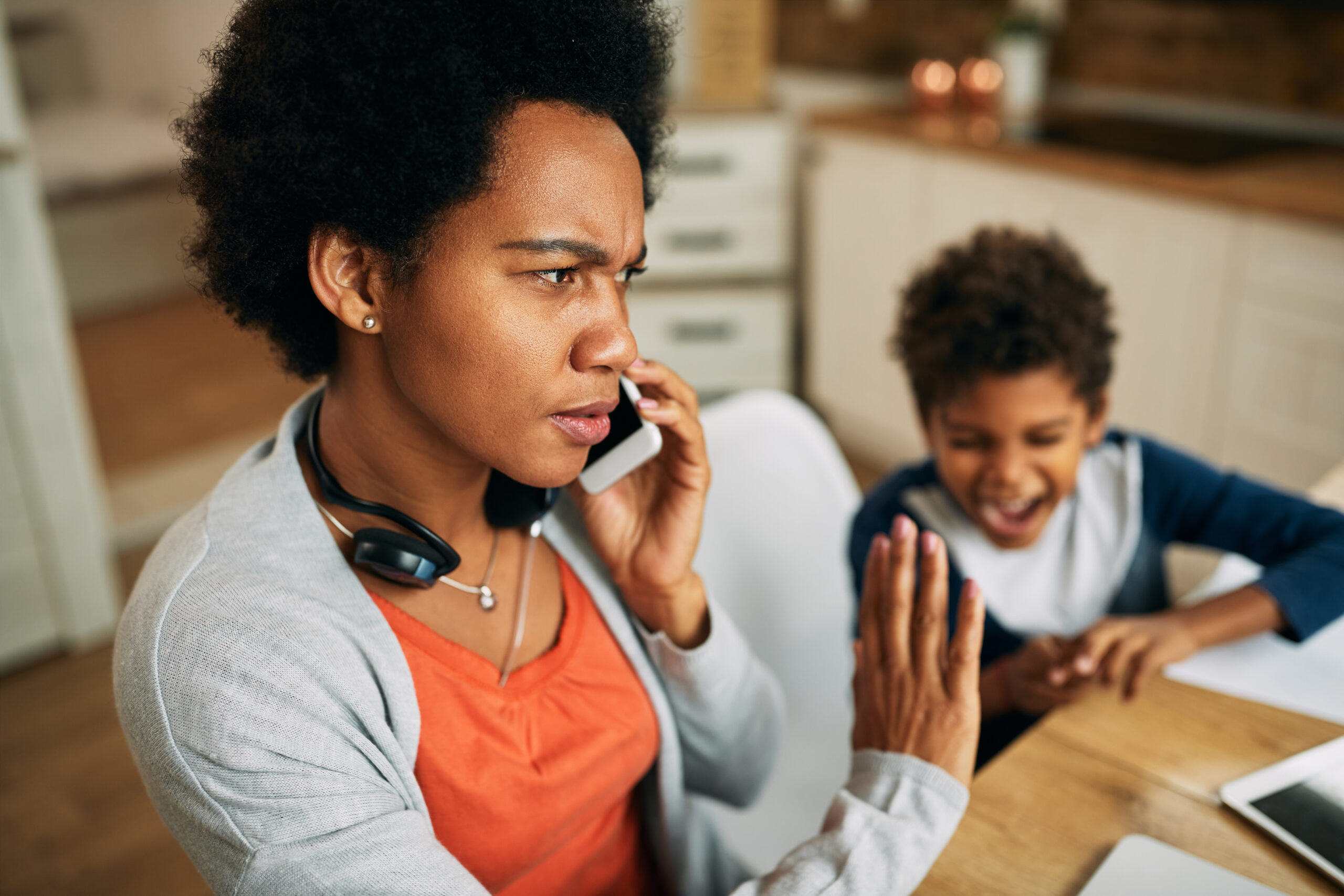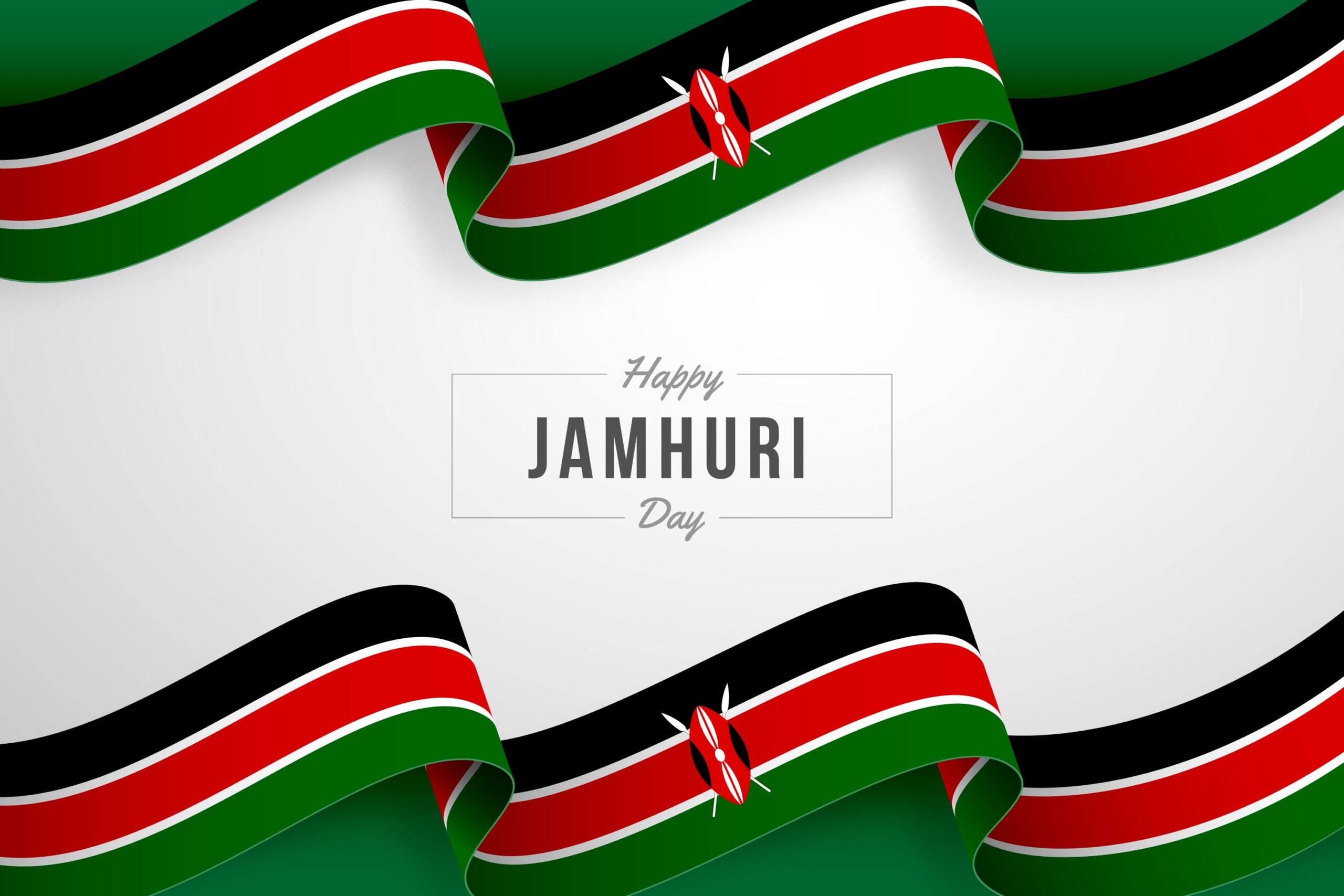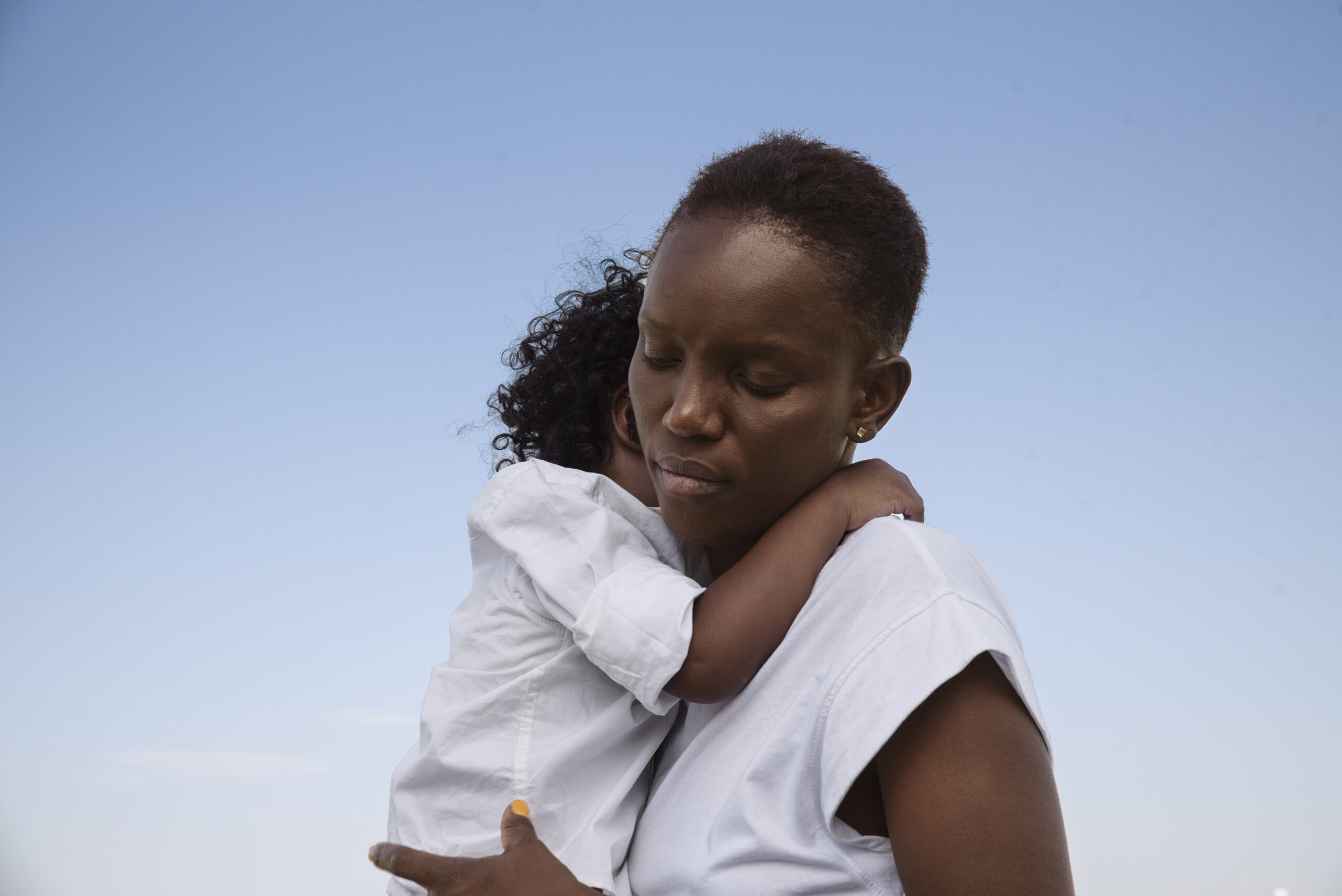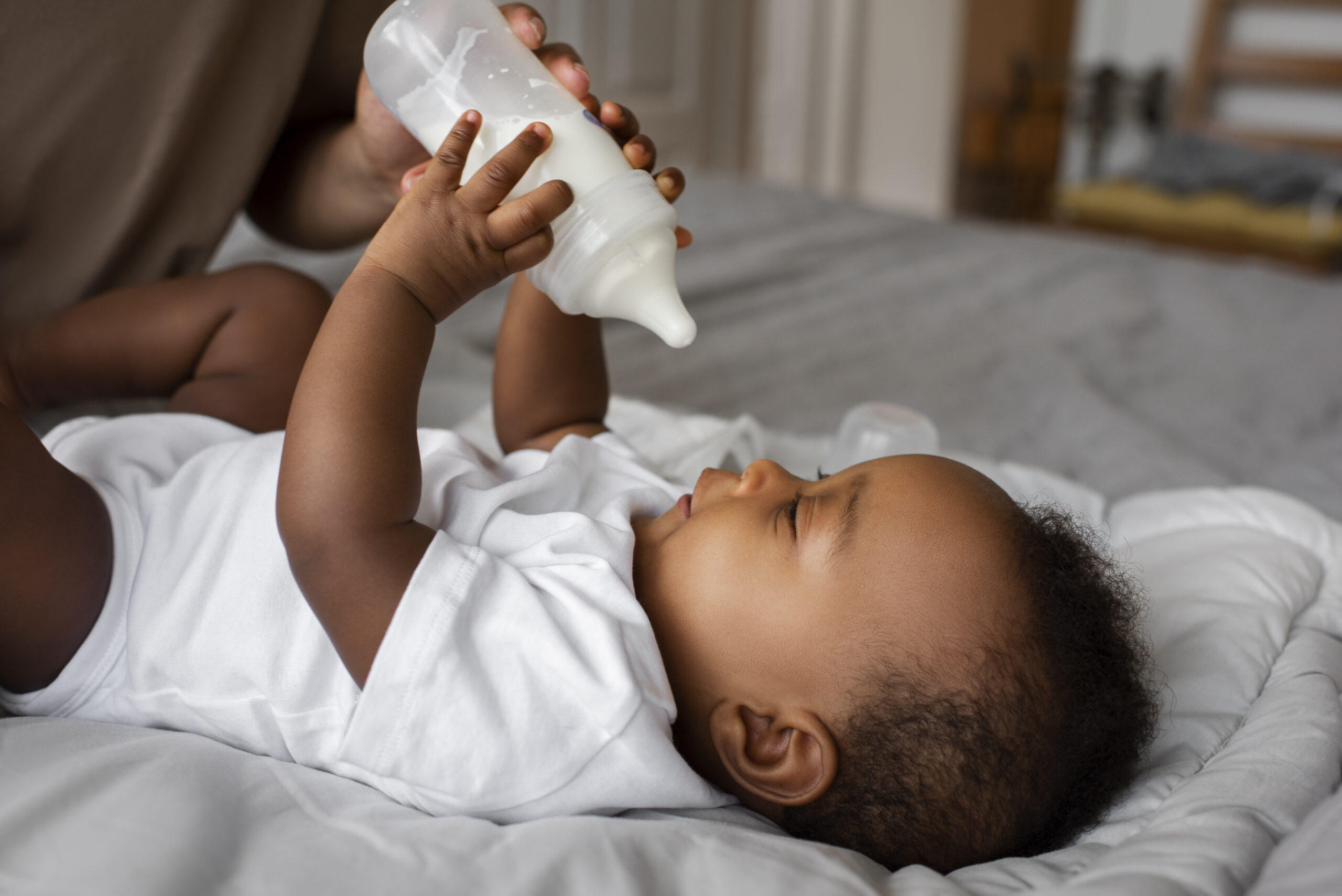HIV END OF LIFE?
Lydia Wanjiru Kimani, 40, has unequalled reserves of energy. She would have long crumbled under self-pity following a chain of misfortunes in her life had it not been for her
Lydia Wanjiru Kimani, 40, has unequalled reserves of energy. She would have long crumbled under self-pity following a chain of misfortunes in her life had it not been for her resolve to move on, no matter what. She refused to give up and today stands as a beacon of hope for many in the expansive Loitoktok District in Maasailand. She narrated her experience to MWAURA MUIGANA.
A series of events in Lydia Wanjiru’s life in 2002 reduced her to a shell of her former self, both physically and mentally. First, she was retrenched from her job as a clerical officer at the Ministry of Health where she had worked since 1998. Not long after, her husband, a driver at the same ministry, died from a mysterious illness. Despite suffering these two major blows, she had to fend for her four young children, Mary Wanjiku, then 13, Beatrice Wamaitha, 11, Peter Kimani, nine, and Anne Muthoni born that year.
When she started getting sickly, Lydia blamed her failing health on the trauma of losing her husband, taking care of young children without an income, and nursing a newborn baby. Her in-laws did not help matters by withdrawing their support and vaguely accusing her of having a hand in her husband’s death.
Lydia’s suspicions that their property was a centre of contention with her in-laws were proven right. In the end, when the situation became unbearable, she walked out of their Wangige home in Kiambu with her children. She went to live with her sister, Beatrice Muthee, in Sineti in Loitoktok. But there was no let up in her misfortunes. Her health started deteriorating quickly that it worried her to a point she could not concentrate on taking care of her children.
It was with great shock when Lydia, amidst her illness, learnt from a second party that her husband was suspected to have died of AIDS. She was later to learn that her in-laws were aware of the cause of her husband’s death but kept her in the dark. The thought that the cause of her illness could be HIV made her hysterical and confused. It was in this state that a group of people on motorbikes, moving from house to house and talking to the occupants, found her in her new home in Loitoktok. They were part of a mobile VCT services team, which worked in the area providing counselling and testing services. They told her about HIV and AIDS and the importance of knowing one’s status.
It was on November 11, 2004, when Lydia gained enough courage to go for testing. She was overly anxious and turned down pre-test counselling session, preferring to go straight to the test. As she suspected, she turned out positive. A terrified Lydia, who saw death staring at her in the face, was referred to Mbirikani AIDS Clinic for further tests and management. It was a very painful confirmation considering her children were young and depended entirely on her.
“I had no doubt that my husband had infected me and I therefore did not blame myself. For the sake of my children, I snapped out of denial and purposed to live positively. I had no choice but to remain alive for the sake of my children. Even to this day, I have never entertained the thought that I will eventually die from this infection. I live each day as it comes, as if there is no tomorrow. In other words, I make the best of my life. What needs to be done today, I do it today. This attitude has enabled me help others, and probably live a more fulfilled life,” says Lydia.
“When I was sickly I weighed a paltry 47kg. Today I weigh a healthy 75kg and I am the perfect picture of good health. Starting on ARV treatment immediately I tested positive, has turned out to be my saving grace. That, coupled with the right diet, have made me stay healthy and I have never suffered any opportunistic diseases. I only visit health facilities for ARV drugs or for common ailments like colds,” she adds.
Talking with great confidence, Lydia says, “I have never taken a back seat in anything, neither have I shied away from taking part in public activities out of fear of rejection or stigmatisation. Even when I was sickly, I continued attending church and I never once felt out of place. The church congregation, most of my family and friends did not stigmatise me because of my condition. Instead, they continued to love me unconditionally. It hurts when your family rejects you and hurts even more when you reject yourself and live in denial. Once you accept yourself and your situation, you start living again. I assured my children that I was going to provide for all their needs including their education. Thank God I have lived up to this promise.”
By following recommended diet and drugs, Lydia’s health improved considerably, so much so that she and her children were able to move out of her sister’s home in Sineti. They now live independently in Kimana area of Loitoktok District. Through encouragement from a local pastor, Karachi Matongo, Lydia went public with her condition during the district’s first AIDS Day celebration on December 1, 2006. The pastor had impressed on her the need to go public about her condition to encourage other infected people who lived in denial. He advised her that it was the only way to effectively confront the condition that was shrouded in mystery.
Going public opened doors for Lydia to interact with various support groups in and outside Loitokitok. She attended her first workshop for people living with HIV and AIDS organised by a Rift Valley-based group called Aphia II. During the workshop, Lydia was identified as a woman ready to live positively with the condition. She was requested to seek out other women living with HIV and AIDS so that they could be trained and equipped with skills and awareness information to help their community.
She put together a group of women from her area and for two weeks were trained as lay treatment workers. They attended several other workshops and eventually graduated as community health workers. They were equipped to mount door-to-door awareness campaigns, reaching many infected people who lived in denial in the confines of their homes.
Lydia was saddened to find many homesteads with very small children left desolate following the deaths of their parents as a result of AIDS. “If only these parents had the right information about the management of the infection, they probably would not have died so soon and left their children orphaned,” she recalls the tormenting thoughts that haunted her every day.
Statistics on how fast HIV and AIDS spreads inspired her to educate people on responsible sexual behaviour as the most effective method of the disease’s prevention. She was also keen on helping those infected to understand that they could live a full life if they observed a proper diet, took ARVs correctly, and took care of their sexual health. It was a challenging task, especially among the conservative Maasai community, but she soldiered on.
Orphaned and vulnerable children
One year after Lydia and her group started working as community health workers, they were trained on a new programme, Orphaned and Vulnerable Children (OVC), whose main objective was to reach out to children infected and affected. The programme involves frequenting homes and identifying children affected or infected by HIV and AIDS and who need help. These are usually orphans whose parents have succumbed to the disease. The children are presented at VCT centres for testing to know their status. In case they are positive, they are incorporated into the OVC programme for assistance. Where one or both parents are alive and living with HIV and AIDS, the children are considered vulnerable and also incorporated into the programme.
In her true essence…
We caught Lydia during this interview doing what she does best. She was talking to a group of women, girls and some men at Kimana Health centre about HIV and AIDS. She spoke eloquently in Kiswahili about maintaining one’s health after HIV infection. She explained how one could avoid full blown AIDS through a balanced diet and ARVs, and offered other tips that could enable one live positively after infection. She enlightened them about positive prevention by imparting knowledge she gained in 2008 after training offered by a group called Faraja Trust.
“Positive prevention,” she said, “means you protect yourself, accept your status, follow the recommended diet and doctor’s advice. It also means infected married couples should use condoms since both have different strains of the virus and unprotected sex would cause cross-infection.”
“For instance you might deliberately sleep with a man with the intention of infecting him. Unfortunately, he might already have been infected with a different strain and may or may not know about his status. His strain might be stronger and once passed on to you, you become infected a second time with a different strain, thus rendering drugs ineffective,” explained Lydia.
She holds these training sessions at the clinic every Tuesday through invitation by the doctor in charge of the clinic. She has done this for several years and her work has raised awareness of HIV and AIDS in the area. In addition, every Wednesday, Lydia and other social workers from her support group go from house to house on awareness campaigns.
Gender-based violence…
Through the Constituency Aids Control Council, Lydia has been trained by an NGO called Abantu for Development on gender-based violence and HIV and AIDS. She teaches women and girls about gender-related issues that mitigate infection and spread of the virus. These include female genital mutilation (FGM). She explains that use of unsterilised and unclean equipment during circumcision; dirty environment and poor personal hygiene spread the virus rapidly if one of the initiates is infected.
Other issues tackled in this programme include the ills of marrying off young girls to old men and wife inheritance, which contribute towards the spread of the infection. For instance, in cases of forced early marriages, the girls eventually resort to seeking sex outside of marriage with younger men when their ‘husbands’ fail to perform satisfactorily due to old age, or wife inheritance where the husband has died of AIDS.
Apart from being a home-based community health worker, Lydia also sensitises the community on other government-initiated programmes that empower the communities such as Constituency Development Fund (CDF), Women Development Fund (WDF) and the Youth Development Fund (YDF).
Lydia’s achievements are commendable. In 2007, she brought together 25 women living with HIV and AIDS and formed a support group called Kimana People Fighting AIDS Together (KiPFAT). They were trained in bead making using raw materials from waste paper. The project now has 19 active members, all earning an income from their efforts. Members of KiPFAT get loans to undertake other income-generating activities, in addition to benefitting from a revolving fund that earns them bonuses at the end of each year.
The group incorporates three community health workers who are not HIV positive. This is an inspiration to society not to stigmatise, but rather integrate people living with HIV and AIDS. Lydia has also been instrumental in forming and serving as the current secretary of the umbrella body, Loitokitok Network for People Living with HIV and AIDS Support Group.
Not all-smooth sailing
“We face many challenges even from the church. I specifically recall an incident in one church where I was invited by a fellow community health worker to give a health talk. The interaction with the congregation was very friendly and I gave my personal account of living with HIV and AIDS. After the service, I got a rude shock when several people refused to shake my hand while some called me pepo (devil) to my face. I challenged them to a test by a VCT counsellor in our team, promising that some of them would turn positive like me. None of them accepted the challenge,” says Lydia.
“When we create awareness in homes, churches and other public forums, many people offer to be tested. Since we are not trained as VCT counsellors we refer them to health centres or other facilitators like AMREF and Aphia II personnel for testing. I have become a trusted figure in the community. It has reached a point that when families suspect one of their own is infected and is declining to be tested, or is living in denial after confirmation of their positive status, they seek my intervention, often secretly. We are however looking forward to being trained to provide the service with mobile VCT kits,” Lydia adds.
“Some people stop taking ARVs after ‘healing’ prayers but I advise against it unless one is tested to confirm their reversed status. Con artists are undermining our work to a great extent. They pretend they can offer a cure at a fee to those living with HIV and AIDS. One of them approached me, but I argued that there was no scientifically proven cure for the infection. When he insisted that his herbal treatment was effective, I challenged him to sleep with me, get infected and then I would pay him to treat both of us with his concoctions. He literally ran away and always avoids me when he sees me. Such conning and misinformation is a major contributor to the escalation and fatality of the infection,” explains Lydia.
Parting shot…
“I get inspiration from my own experience. When I was diagnosed in 2004, I was very weak and my children were too young to be rendered orphans. I accepted my situation and decided to live for their sake. I followed professional advice to live positively and went on with my daily activities. I have never looked back. When I started creating awareness about the disease, I used to find some homesteads where parents died leaving young children orphaned. I cried on realising that if these parents had been provided with the right information that the infection did not necessarily mean automatic death and that one could live positively, the children would not have been left orphaned. This is what gives me strength to go out there and talk to those who still live in denial and explain that they need not condemn themselves to death.”




